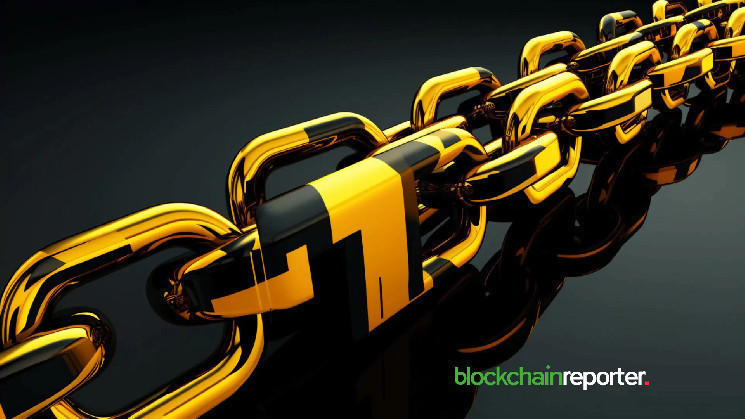Get ready for the upcoming second sunset upgrade of the BNB Beacon Chain, scheduled for July 14, 2024, at 6:00 AM UTC. This milestone marks a significant evolution in the chain’s journey, with all full node runners on the mainnet required to transition to version 0.10.22 by block height 378,062,790.
Binance’s dedication to improving network performance and security is evident in this strategic update, a crucial step in the BC Fusion project. The transition to the new version is essential for maintaining network continuity and stability, supporting a wide range of decentralized applications and services.
📢 Don’t miss the Second sunset upgrade of BNB Beacon Chain Mainnet on July 14, 2024 at 6AM UTC! ⏰
🔸 BNB/BEP2 Asset Holders: Transfer assets from Beacon Chain to BSC
🔸 BNB Stakers: Move delegations from BC to BSC
🔸 Node Operators: Upgrade to v0.10.22https://t.co/Y5uepsNA82— BNB Chain (@BNBCHAIN) June 27, 2024
Mandatory Actions and System Enhancements
The upcoming upgrade requires active participation from various stakeholders within the ecosystem. BNB and BEP2 asset holders should transfer their assets from the Beacon Chain to the Binance Smart Chain to align with the new network protocols and protect their investments.
BNB stakers are urged to migrate their delegations accordingly. Full node operators must sync with the network, update to the new binary and configuration files, and adjust settings to accommodate the SecondSunsetHeight parameter in their systems.
This upgrade is not just a technical procedure but a strategic move to strengthen the chain’s infrastructure against future challenges and opportunities in the blockchain industry.
Implications of Auto Refund Features
Alongside the upgrade, the BNB Beacon Chain will introduce an auto refund mechanism to enhance transparency and trust within the ecosystem. This feature will automatically unlock and refund BEP2 assets held in timelocks or atomic swaps, giving asset holders control without manual intervention.
Additionally, BNB delegations will undergo an automatic undelegation process, with refunds issued to delegators after the unbonding period, ranging from 7 to 14 days. These updates aim to streamline operations and minimize disruptions during the transition, improving user experience and stakeholder confidence in the network’s resilience.

